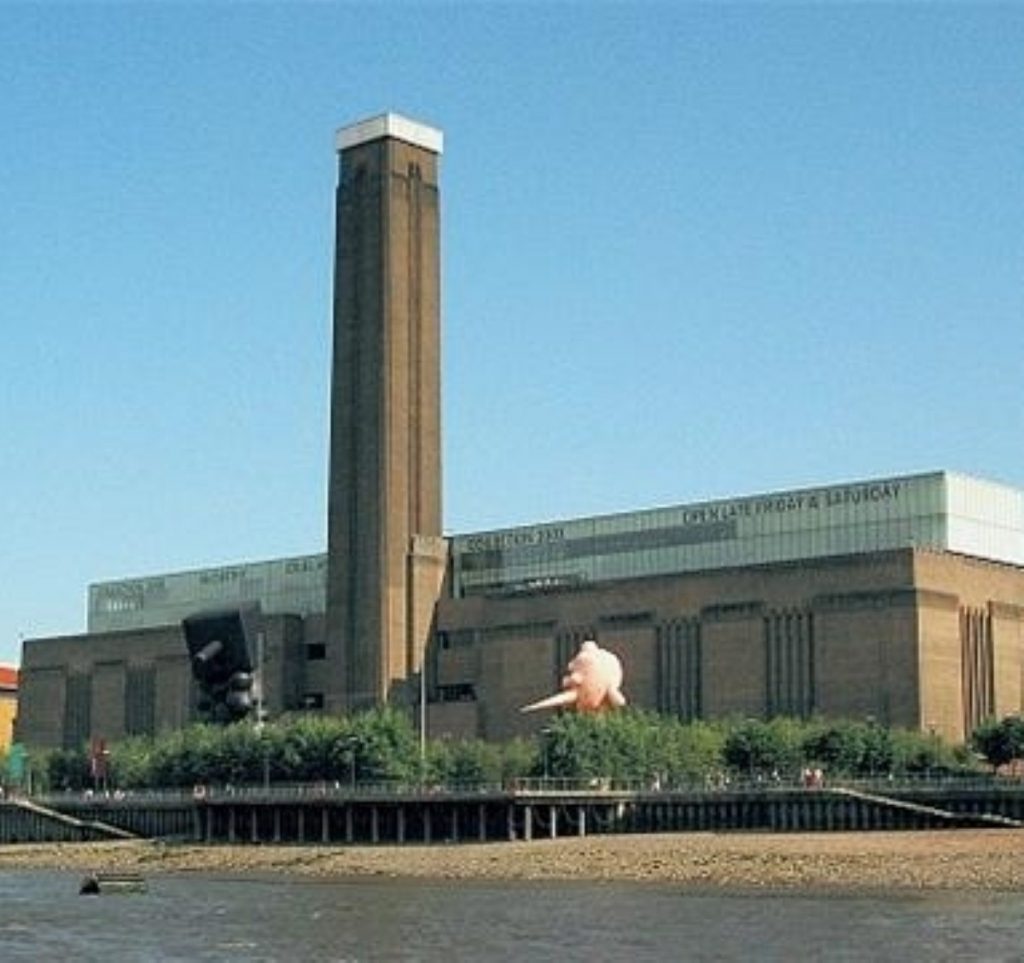£100m black hole found in DCMS budget
By Liz Stephens
Some of the most important cultural projects in Britain could have their budgets cut after a £100 million funding black hole was found in the budget of the Department for Culture, Media and Sport (DCMS).
The department has already committed to spending on building projects including the redevelopment of Tate Modern and the British Film Institute (BFI). However, these projects could now be derailed by the deficit.
Speaking to the Guardian today, an unnamed source said: “It’s hopeless management. Everyone will blame the DCMS for being hopeless, and they are fairly hopeless, so it’s not unjustified.”


While another source alleged: “Financial directors of interested bodies received a letter saying they were £100 million overspent on capital and seeking contributions from unspent capital money.”
A DCMS spokesperson admitted today: “Our capital budget is currently overcommitted.
“Ministers are examining the reasons for this and looking for solutions. It is possible that difficult decisions will be needed, but none has been taken yet.”
The DCMS has so far refused to comment on how it had managed to over-promise £100 million of funding.
Projects that could be grounded include Tate Modern’s redevelopment to increase the size of the gallery by 60 per cent.
The government pledged a £50 million grant for the project in 2007.
James Purnell, who was culture secretary at the time, said in 2007 that the grant would “act as a firm symbol of the government’s commitment to this amazing project”.
The DCMS over-commitment could also affect plans to establish a base for the Royal Opera House in Manchester.
The project has the backing of the new head of the Cultural Olympiad, Tony Hall, who is sure to be displeased by the news.
Mr Hall is also chief executive of the Royal Opera House.
However, not everyone will be unhappy if that particular project falls through. The plans to establish a base for the Royal Opera House in Manchester were greeted unfavourably by other local arts organisations including The Lowry Centre.












